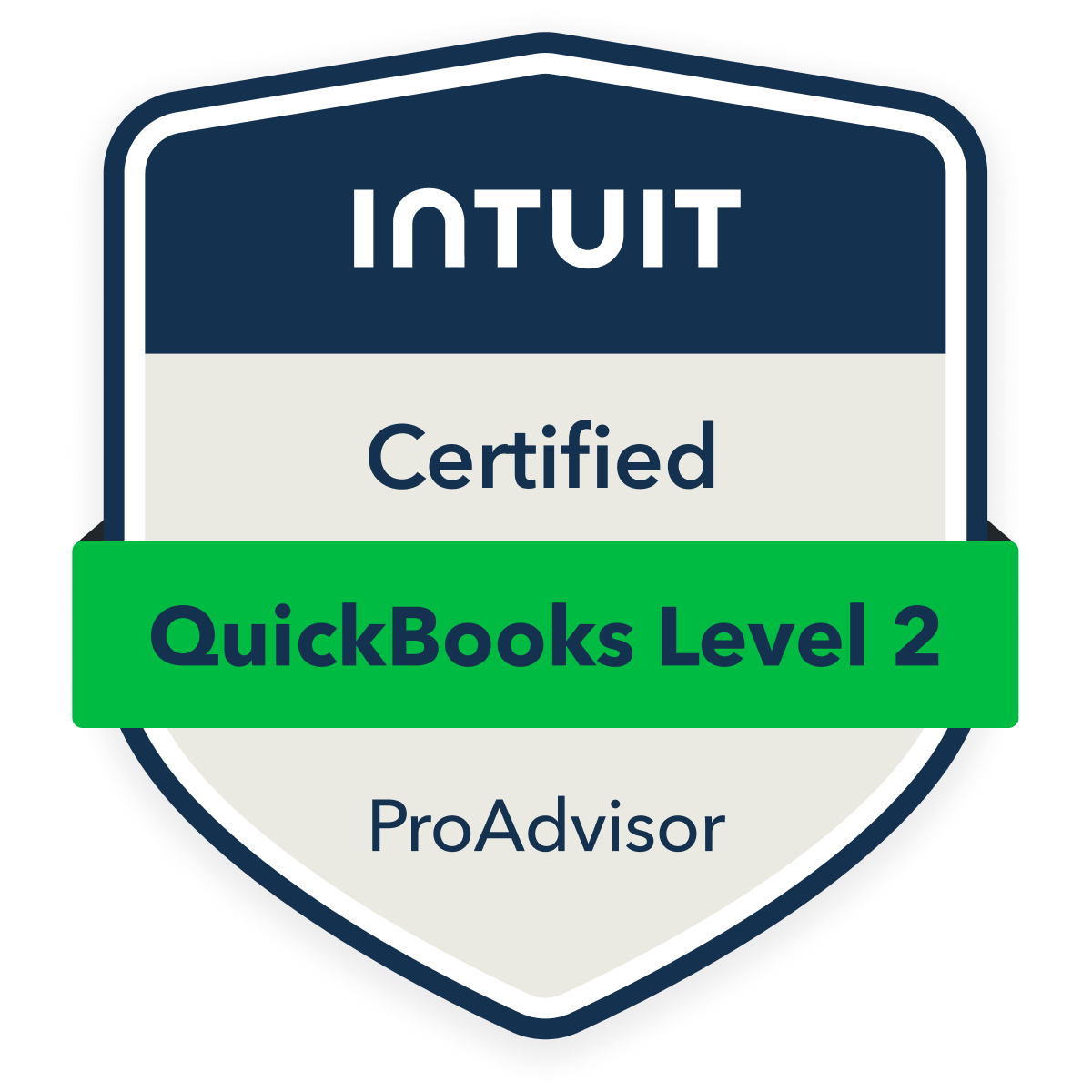When do you need more than just a bookkeeper?
There’s a particular type of business that I find myself working with time and again. Companies that have moved beyond the startup phase but haven’t quite acclimatised themselves to scaled up financial management. These businesses are success stories. Profitable enterprises with turnover exceeding £300,000, established teams, and growth trajectories of 30% year on year.
The sweet spot of business growth
These businesses share several characteristics that make them both successful and, at the same time, vulnerable. They have typically got 1-2 directors at the helm, which should make decision-making straightforward, and they’ve already taken the significant step of hiring staff, demonstrating their commitment to expansion and delegation. Most are using Xero or a similar package for their accounting software, usually on the recommendation of their compliance accountant, though the directors themselves rarely have hands-on experience with the system.
What makes these businesses particularly interesting is their structure. They have an external accountant who handles compliance matters, ensuring statutory requirements are met, and an internal bookkeeper managing day-to-day transactions. On paper, this sounds like a robust financial setup. In reality, it’s often where problems begin to emerge.
Where growing pains start to show
Rapid growth is stimulating, but it’s also when financial systems start to come under pressure. At 30% annual growth, what worked last year suddenly feels inadequate. The financial processes that served a smaller operation well begin to show their limitations, and the consequences can be more serious than many directors realise.
This is precisely where I find I can make the most significant impact. My role becomes about implementing robust financial processes that protect the business regardless of staffing changes. I bring a fresh perspective, particularly crucial when the same bookkeeper has been in post for years, and practices have become entrenched without regular review. This forms a core part of my AIM model, focusing on sustainable financial frameworks rather than quick fixes.
The warning signs directors should recognise
How do you know when your growing business has reached this crucial tipping point? There are several telltale signs that your financial management needs immediate attention.
The most obvious red flag is the absence of regular financial reporting. If directors are flying blind between annual accounts, making strategic decisions without current financial data, the business is operating on hope rather than intelligence.
Another common issue is directors continuing to handle financial tasks they enjoy or feel emotionally connected to, despite these not being their strengths. While this hands-on approach might have worked in the early days, it becomes a bottleneck as the business grows.
VAT returns often become a source of stress, with submissions rushed through at the last minute and payments coming as unwelcome surprises. When directors rely solely on bank statements or offline spreadsheets for cash flow management, they’re setting themselves up for unpleasant financial shocks.
Perhaps most damaging is when annual accounts are filed close to or past the deadline. This isn’t just an administrative inconvenience – it’s a public signal to stakeholders, suppliers, and potential partners that financial control may be lacking.
From Chaos to Clarity
The cumulative effect of these issues creates a feeling that’s all too familiar owner s of growing businesses. Finances which are chaotic and overwhelming and directors finding themselves constantly firefighting rather than planning strategically.
This is where the right financial support makes all the difference. I specialise in bringing regularity, robust processes, accurate forecasting, and most importantly, peace of mind. When directors know their finances are in the hands of a pragmatic, hands-on accountant who understands growing businesses, they can focus on what they do best, driving growth and serving customers.
The transformation from financial chaos to financial control isn’t just about better bookkeeping. It’s about creating systems that scale with your success, ensuring that rapid growth becomes sustainable growth, and giving directors the confidence to make informed decisions about their business’s future. Get in touch on 03333 449270 or book an appointment through my Calendly link to learn more about how



